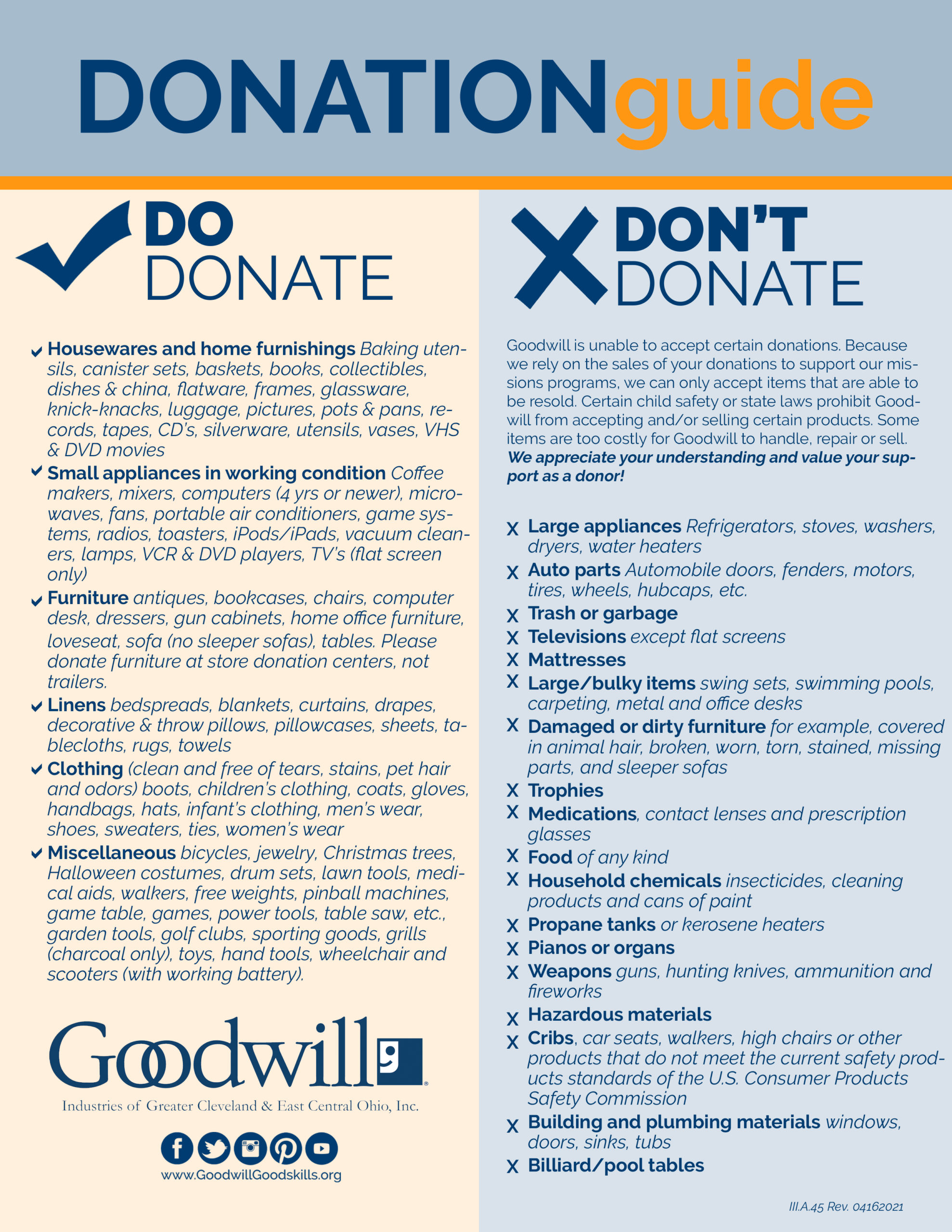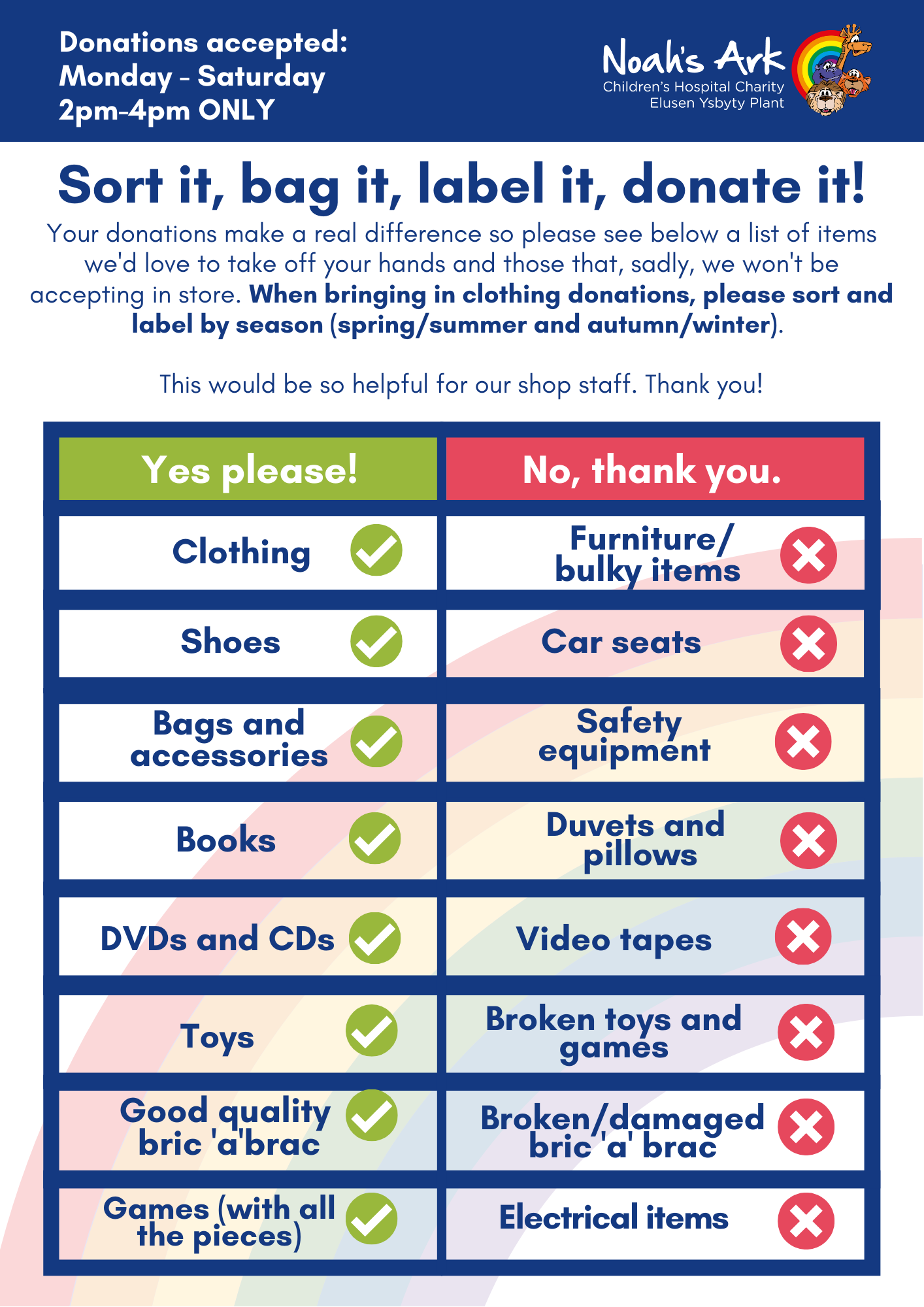A Guide To Charity Donation Shops: Supporting Your Community And Finding Treasures
A Guide to Charity Donation Shops: Supporting Your Community and Finding Treasures
Related Articles: A Guide to Charity Donation Shops: Supporting Your Community and Finding Treasures
Introduction
In this auspicious occasion, we are delighted to delve into the intriguing topic related to A Guide to Charity Donation Shops: Supporting Your Community and Finding Treasures. Let’s weave interesting information and offer fresh perspectives to the readers.
Table of Content
A Guide to Charity Donation Shops: Supporting Your Community and Finding Treasures

In an era of increasing consumerism, the idea of reusing and repurposing goods holds a powerful appeal. Charity donation shops, often referred to as thrift stores or secondhand shops, stand as beacons of sustainability and community support. These establishments offer a unique opportunity to contribute to worthy causes while discovering hidden gems and enriching your life.
The Heart of Charity Donation Shops
At their core, charity donation shops serve as a vital lifeline for charitable organizations. These shops provide a revenue stream that fuels essential programs, enabling them to address pressing societal needs. The donated items, ranging from clothing and furniture to books and toys, are carefully sorted, priced, and made available to the public.
Benefits Beyond the Bargains
The benefits of supporting charity donation shops extend far beyond the opportunity to find affordable treasures. Here are some key advantages:
- Environmental Sustainability: By giving pre-loved items a second life, charity donation shops contribute to a circular economy, reducing waste and minimizing the environmental impact of manufacturing new goods.
- Community Empowerment: These shops provide employment opportunities for individuals facing employment barriers, fostering economic inclusion and personal growth.
- Social Impact: The revenue generated by charity donation shops directly supports vital programs addressing poverty, homelessness, hunger, healthcare, education, and other critical social issues.
- Unique Shopping Experience: Charity donation shops offer a treasure hunt experience, where shoppers can discover one-of-a-kind items, vintage finds, and unique pieces that tell a story.
- Affordable Shopping: These shops provide access to affordable goods, making them particularly valuable for individuals and families on a tight budget.
Finding Your Local Charity Donation Shop
Locating a charity donation shop near you is a simple task. Online search engines can be your starting point, allowing you to search for "charity donation shops near me," "thrift stores near me," or "secondhand shops near me." You can also check local directories, community newspapers, and social media platforms for listings.
Tips for Donating to Charity Donation Shops
When donating items to charity donation shops, it’s essential to ensure they are in good condition and ready for resale. Here are some helpful tips:
- Clean and Prepare: Ensure all items are clean, free of stains, rips, or tears.
- Check for Functionality: Test electronics and appliances to ensure they are in working order.
- Consider Condition: Donate items that are in good condition and likely to appeal to potential buyers.
- Sort and Organize: Separate items by category (clothing, furniture, books, etc.) to make the sorting process easier for the shop staff.
- Contact the Shop: Before donating, contact the shop to inquire about their current needs and accepted donations.
Frequently Asked Questions
Q: What types of items are accepted by charity donation shops?
A: Most shops accept a wide range of items, including clothing, shoes, accessories, furniture, books, toys, household goods, electronics, and more. However, specific items may vary depending on the shop’s policies and current needs.
Q: How do I know if my donated items will be accepted?
A: It’s always best to contact the specific shop before donating to confirm their acceptance criteria. Generally, items should be in good condition, clean, and free of damage.
Q: Can I donate items that are not in perfect condition?
A: Some shops may accept items in less-than-perfect condition, such as items for repair or repurposing. However, it’s always advisable to contact the shop beforehand to inquire about their specific policies.
Q: What happens to donated items that are not accepted?
A: Items that are not accepted may be disposed of responsibly, recycled, or repurposed for other purposes.
Q: How can I volunteer at a charity donation shop?
A: Many charity donation shops welcome volunteers to assist with sorting, pricing, displaying, and selling donated items. Contact your local shop to inquire about volunteering opportunities.
Conclusion
Supporting charity donation shops is a rewarding experience that benefits both the community and the individual. By donating unwanted items, purchasing pre-loved goods, or volunteering your time, you contribute to a more sustainable and compassionate society. These shops offer a unique blend of affordability, sustainability, and social impact, making them an invaluable resource for individuals and communities alike.








Closure
Thus, we hope this article has provided valuable insights into A Guide to Charity Donation Shops: Supporting Your Community and Finding Treasures. We hope you find this article informative and beneficial. See you in our next article!
You may also like
Recent Posts
- The Allure Of Cubic Zirconia: A Comprehensive Guide To Its Beauty And Versatility
- The Evolution Of Jewelry Design: Embracing The Power Of CAD
- Corfe Castle: A Journey Through Time In The English Countryside
- Restoring A Precious Symbol: Repairing A Cut Ring
- A Comprehensive Guide To Silver Jewelry In Chennai: Unveiling The City’s Silver Treasures
- A Glimpse Into Kolkata’s Golden Legacy: Exploring City Gold Jewellery
- Navigating The Landscape Of Charitable Giving: Supporting Local Communities In The Wake Of COVID-19
- Corfe Castle And Village: A Journey Through Time
Leave a Reply